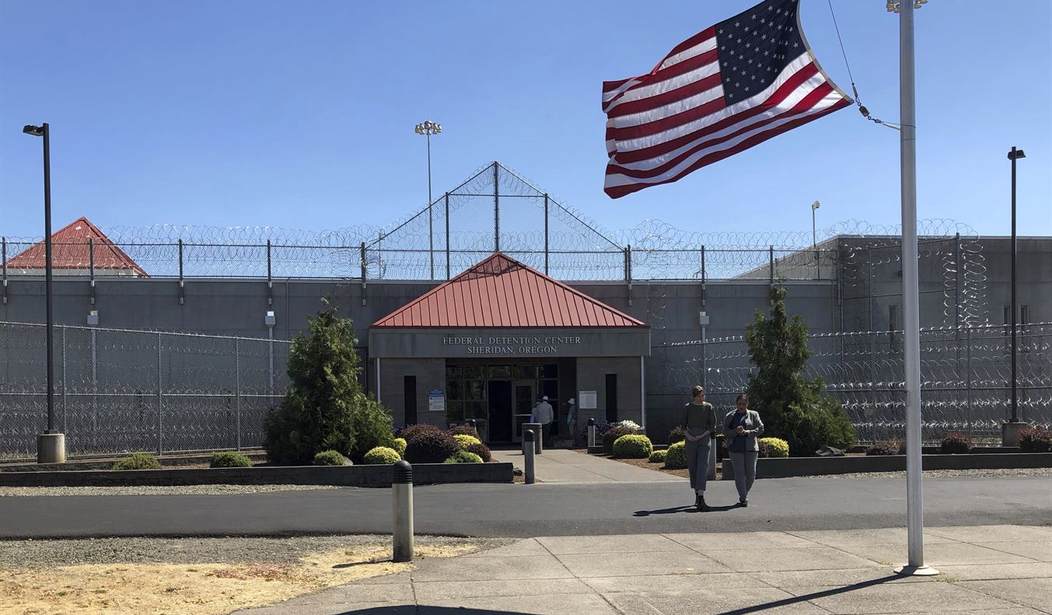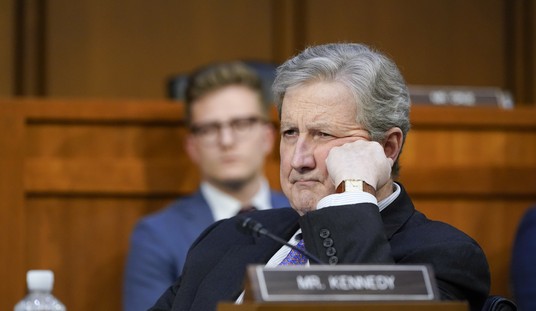Five years ago, the First Step Act (FSA) was signed into law by then-President Donald Trump. The legislation passed to decrease recidivism through a series of programs was lauded as a significant step toward cultivating a more just criminal justice system.
On Wednesday, the Senate Judiciary Committee held a hearing to assess the law’s efficacy. According to the testimonies of those involved, the First Step Act has already yielded positive results.
The hearing featured testimonies from Steve Markle, National Secretary-Treasurer of the Council of Prison Locals; political advisor JaRon Smith; Matthew Charles, a beneficiary of the law; and Charles Smith, State’s Attorney in Frederick County, Maryland.
Markle, who possesses over two decades of experience with the Federal Bureau of Prisons, said he has “firsthand experience witnessing the positive impact of the First Step Act,” and noted that inmates “now show more interest in programs that they may have previously ignored” but also indicated that the program is becoming understaffed.
“Since the signing of the First Step Act, the authorized positions within the Bureau have decreased from 43,369 to the current count of 34,661 staff members,” he said.
Matthew Charles, who was released under the FSA, discussed his journey after attaining freedom. “I believe my incarceration was justified... However, I believe my 35-year prison sentence was excessive,” he said, recounting his story.
I grew up in a dangerous public housing block in North Carolina. My days and nights were filled with fear. I was consumed with trying to get as far away as possible from my father’s relentless verbal abuse and frequent beatings. Due to that environment and my father’s influence, I soon found myself with these huge wells of anger and frustration – and not much else. I began to act out as a way of coping. I got as mean and tough as my father was, and I made some very bad choices.
Incidentally, I share all this not as an excuse, but to help you understand why I made the bad choices that resulted in my incarceration.
He recalled how he began selling drugs after serving in the U.S. military. “Because of my prior criminal activity – and because I sold crack cocaine instead of powder cocaine – I was given a 35-year sentence,” he said, referring to sentencing disparities that have been the subject of debate for decades.
Charles explained how he read the Bible and “surrendered my life to the Lord Jesus Christ.”
After he became the first person released under the FSA, he discussed how his life has changed, explaining how he was a guest of former President Trump, and talked about "the most rewarding experience"--his current work " advocating for those [he] left behind:"
Charles also noted that there are still many in prison who “are committed to making changes and finding a new path.”
JaRon Smith, a former member of the Trump administration, also chimed in, noting that the legislation “prioritized public safety by requiring each inmate to undergo a public safety threat assessment before they were granted early release.”
He said that the United States “can either pursue policies that have proven to fail or we can follow in the footsteps of the First Step Act and continue to adopt policies that are smart on crime.”
Charles Smith, who represented the National District Attorneys Association, offered his legal perspective. “One of the great things about this Act is its proven effectiveness for low-risk or non-violent offenders,” he said, also noting that “the data suggests recidivism rates have dropped substantially compared to inmates who don’t participate in this type of rehabilitative service or reentry programming.”
The First Step Act was passed in December 2018 and represented a substantial overhaul of the federal prison system. The key provisions include the reduction of mandatory minimum sentences for certain non-violent drug offenses, the expansion of judicial discretion in sentencing, and improving the rehabilitation opportunities for inmates. The law created a series of programs that allow inmates to earn credits for participating in rehabilitative programs and better prepare them for reintegration into society.
The FSA has not been without critics. In 2023, Florida Gov. Ron DeSantis called it “jailbreak” legislation, and former Vice President Mike Pence indicated that the U.S. should “rethink” the law.
However, the data tells a different story.
The Council on Criminal Justice (CCJ) released a report earlier in August [2023] highlighting the decreased recidivism rates among federal prisoners released under the FSA. To conduct the study, the organization looked at data provided by the Bureau of Prisons (BOP) regarding inmates who had been released before and after the legislation took effect:
The BOP defines recidivism as any rearrest or return to federal prison for a new crime or technical violation of supervision, regardless of the outcome of that arrest (whether a person is charged or convicted). According to BOP’s published data, the recidivism rate for all people released under the FSA is 12.4%. While that is considerably lower than the 46.2% recidivism rate for all people released from BOP facilities in 2018, people released under the FSA differ in important ways from all persons released from federal prisons, including their assessed risk level and the length of time they have been out of prison. To account for these differences, this analysis estimates recidivism among people released prior to the implementation of the FSA who are similar to people released under the FSA in two key ways: they had a similar risk assessment classification according to BOP’s current risk assessment tool, and they had been released to the community for a similar amount of time.
The analysis shows that people released prior to the FSA who were at similar risk of reoffending and had similar amounts of time in the community had an estimated recidivism rate of 19.8%. This means the recidivism rate for people released under the FSA is roughly 37% lower than similarly situated people released prior to the FSA.4 The analysis also found lower rates of recidivism among people released under the FSA within all risk levels as assessed by BOP’s risk assessment tool.
The data and testimonies show that the FSA has been one of those few instances in which a government program has been effective. With recidivism rates plummeting, it is difficult to argue that this reform has made a significant difference in the criminal justice system.












Join the conversation as a VIP Member